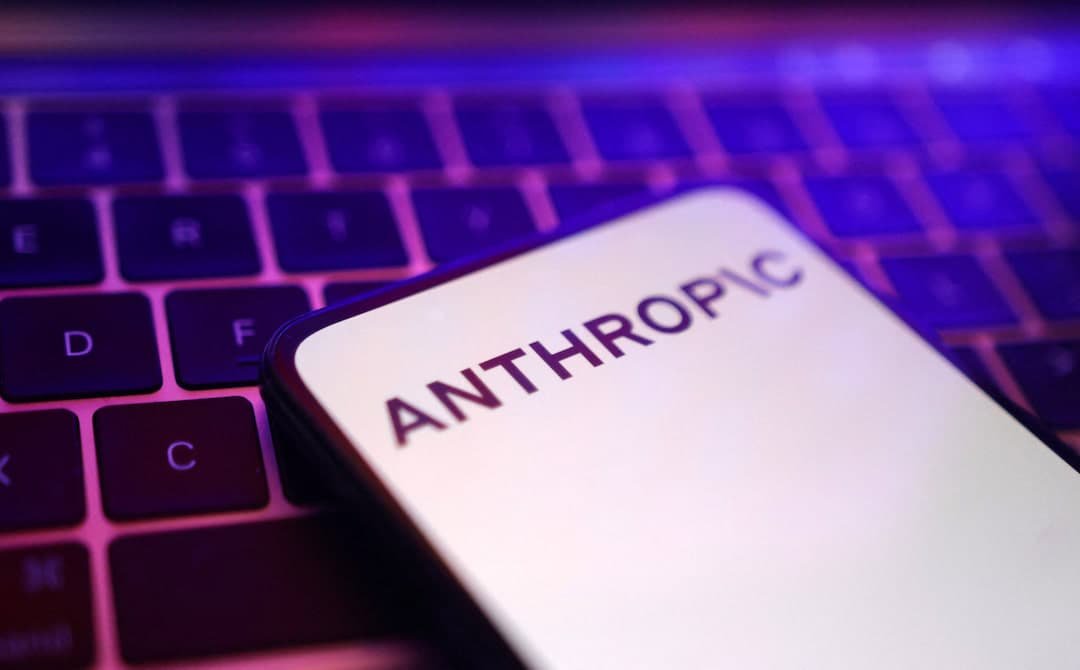
Anthropic’s revenue grew from $1B in Dec 2024 to $3B by May 2025.
Anthropic, a fast-growing name in the world of Artificial Intelligence, has recently achieved an annual revenue of $3 billion (roughly Rs. 25,000 crores) driven by business demand. This is a significant achievement especially when we look at the intense competition and investments in this space. This growth primarily arises from business demand and the increasing use of Anthropic’s AI models, especially in the cloud.
Reasons behind Anthropic’s phenomenal growth and the rise in API sales Anthropic sells its AI models to businesses via an application programming interface. This means that companies can integrate Anthropic’s powerful AI capabilities into their products and services. It is a scalable model that allows the company to reach a large number of customers. and Focus on business use cases Anthropic has specifically focused on developing AI models that meet the specific needs of businesses. This includes areas such as code generation, automating complex tasks, improving customer service, data analysis, and content creation. Their models such as Cloud 3 Opus are specifically designed for enterprise-level use, making them more reliable and secure.
Revenue Growth Projections
Anthropic’s revenue growth has been amazing. It was around $1 billion in December 2024 which crossed $2 billion by the end of March 2025 and reached $3 billion by the end of May 2025. The company has projected its revenue to reach $34.5 billion by 2027 from a $12 billion baseline estimate to an optimistic estimate.
This shows Anthropic’s strong position and growth potential in the AI field. And the Impact of AI on the Human Mind. The rise of AI is not limited to the technological and economic sector only but it is also having a profound impact on the human mind, behavior, and society. This impact can be both positive and negative Positive Impacts and Increased Productivity and Efficiency AI helps in increasing productivity by freeing humans from repetitive and time-consuming tasks. For example, AI-powered tools can assist with data analysis, preparing reports, and writing code, allowing human employees to focus on more creative and strategic tasks.
Improving decision-making
AI can analyze vast amounts of data and provide patterns and insights that may be difficult for humans to identify. It can aid in making better decisions in medical diagnosis, financial markets, and other complex areas. and Enhance learning and skill development AI-powered educational tools can provide personalized learning experiences that help students learn according to their pace and style. It can enhance opportunities for lifelong learning and acquiring new skills. Accessibility and inclusion AI can improve accessibility for individuals with disabilities, such as speech-to-text and text-to-speech tools that make communication easier. It can also enhance education and employment opportunities.
Fostering creativity and innovation
AI can act as an aide in creative processes such as music composition, art creation, and writing. It can help generate new ideas and push the boundaries of human creativity. and Mental health support AI. Powered chatbots and apps can provide mental health support and counselling, especially for those who do not have access to traditional services.
Negative effects and cognitive laziness and dependency Excessive dependency on AI can reduce human’s abilities to think, problem-solve, and make critical decisions. If machines do all the work for us, our brains can get lazy and lose their cognitive abilities and Job displacement AI and automation can lead to displacement of some jobs, especially in sectors that involve repetitive and predictable tasks. This can increase unemployment and create inequality in society. and Information overload and misinformation AI can generate large amounts of information, leading to information overload. Moreover, AI can also be used to spread misinformation and disinformation, leading to confusion and distrust in society.
Ethical dilemmas and biases
AI models can learn and amplify biases present in their training data which can lead to unfair or discriminatory outcomes. Ethical dilemmas can also arise in decision-making AI systems such as who will be responsible in case of an accident in autonomous vehicles and Privacy concerns AI systems require large amounts of data to be effective which can also include personal information. This data raises serious concerns about privacy and security. and Social isolation Over-reliance on virtual interactions and AI-powered entertainment can reduce human contact in the real world leading to feelings of social isolation and loneliness.
Pressure on mental health The constant connection through AI and social media, along with the uncertainty of the future due to AI, can increase stress, anxiety, and depression in some individuals. Loss of creativity If people consider AI as a way to replace creativity, it can lead to a loss of creativity.




